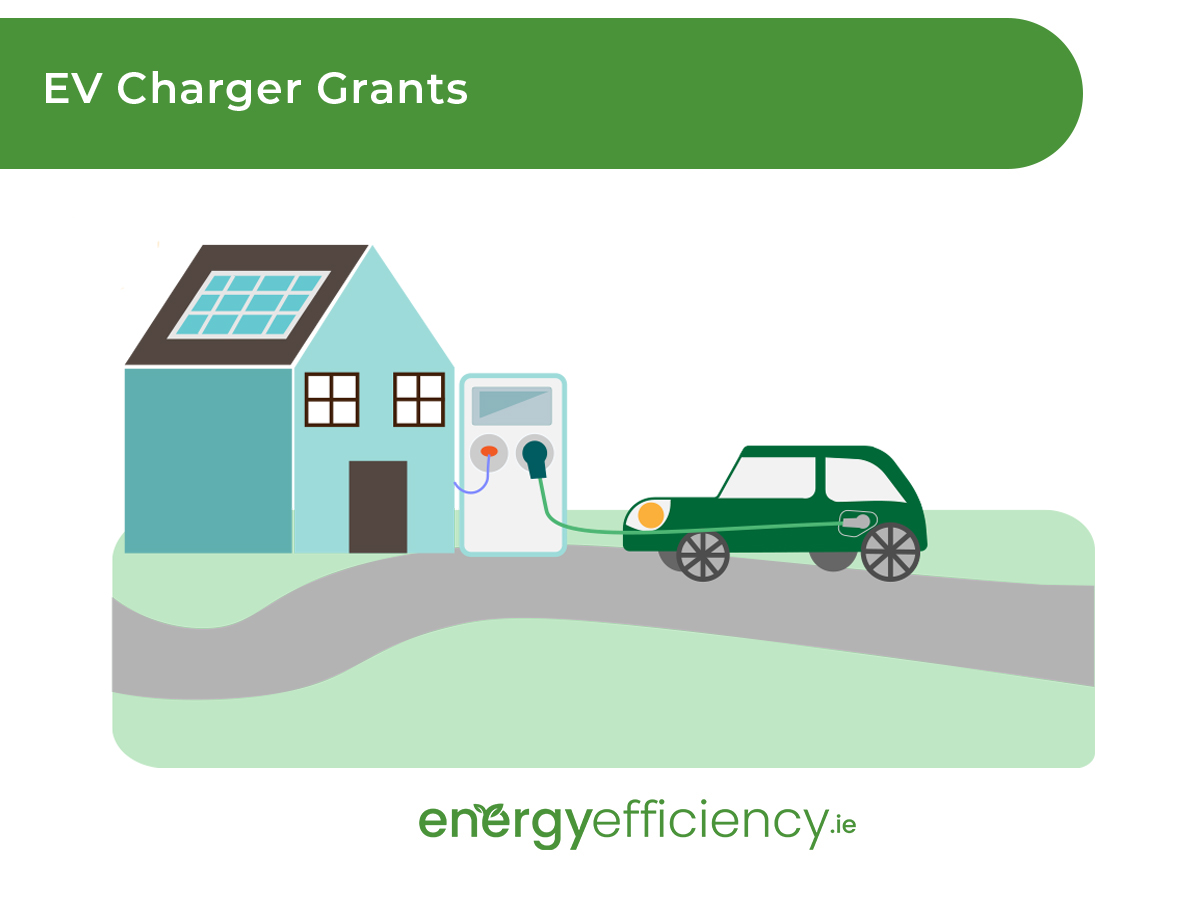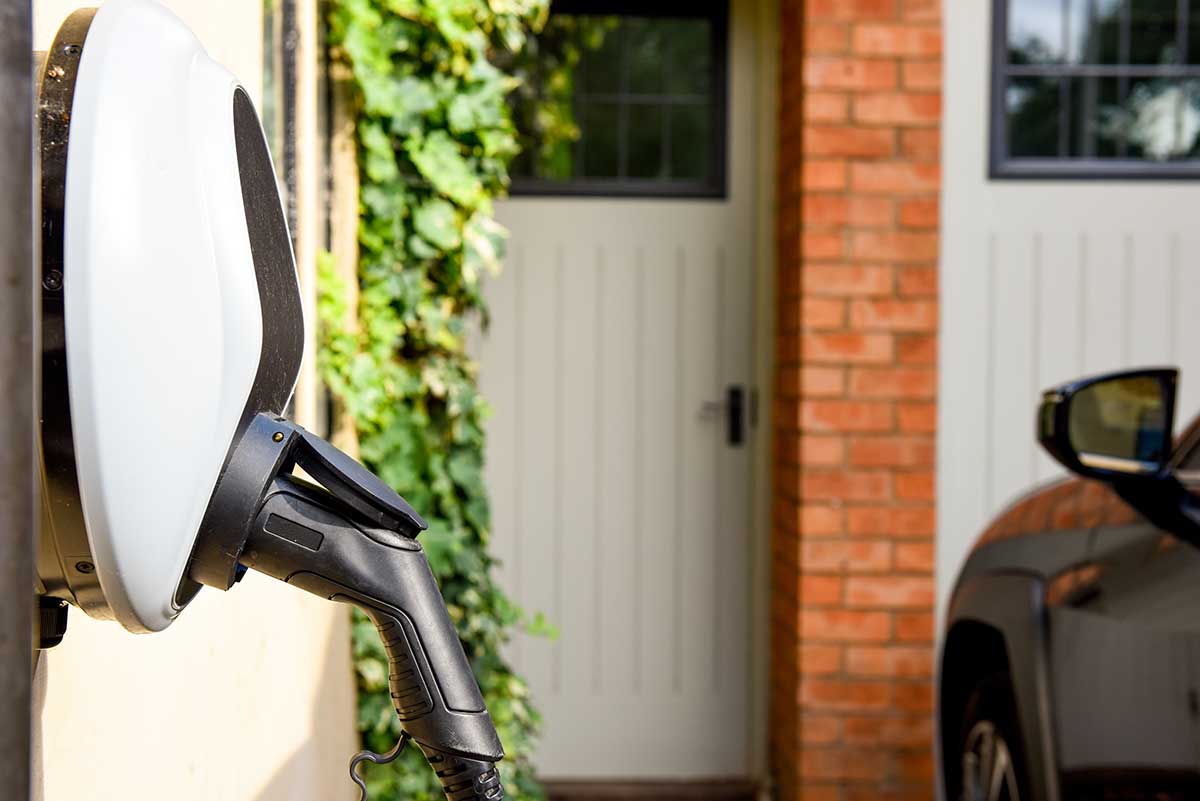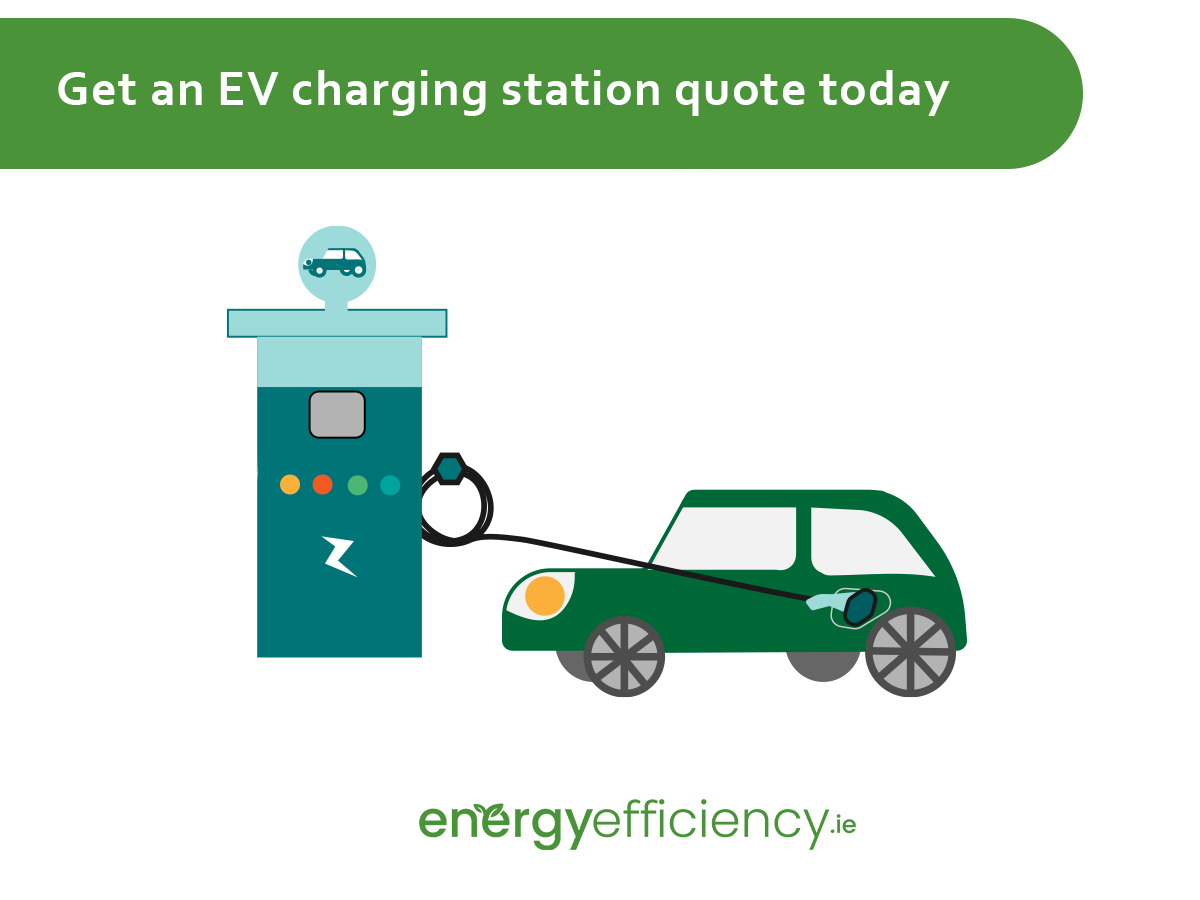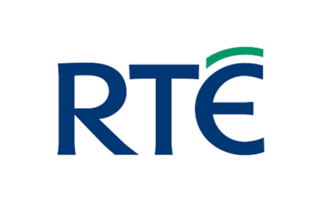The SEAI offers multiple grant schemes to help with the cost of installing chargers for electric vehicles for Irish houses and apartments.
Reduced costs and an increase in choice have driven the rise in the popularity of electric vehicles (EVs) in recent years, with record EV sales in Ireland in 2023.
The growth of electric cars looks set to continue over the coming years, with the government setting a target of having 950,000 electric cars on Irish roads by 2030, when new petrol and diesel car sales are expected to be banned.
Charging an electric vehicle at home can be three times cheaper than what it would cost to fill up a petrol or diesel car, so it is no wonder that EV charge units are being installed at homes across the country.
The key takeaways:
Table of Content
Electric Vehicle Home Charger Grant
The Sustainable Energy Authority of Ireland (SEAI) offers a grant of €300 towards the purchase and installation of a new EV charger for homes.
The grant amount was previously €600, but this was reduced to €300 last year.
The grant is available to all homeowners who wish to install an EV charge point, even if they do not own an electric vehicle.

Eligibility for Electric Vehicle Home Charger Grant
How to Apply for a Home Charger Grant
There are a number of steps to apply for the SEAI’s €300 Home Charger Grant for electric vehicles.

Electric Vehicle Apartment Charging Grant
The SEAI also has grants for properties which do not have access to a driveway. This grant is available to the owners and management companies of apartment blocks and other multi-use buildings which are not covered by the Home Charger Grant.
These grants go towards all costs associated with a new EV charger, including cabling, controllers, civil works and installation costs – and it is designed for bulk installation of chargers at a single location, typically a car park. Electric Vehicle Apartment Charging Grants cover between 60% and 90% of the new chargers, depending on the category of applicant.
There are two routes to applying for the SEAI Electric Vehicle Apartment Charging Grant. Route 1 is for car parks which do not have EV charge units installed. In this case, the managing company can apply for a grant and the SEAI also offers €600 per charge point.
Route 2 on the other hand is for complexes with an EV charge system already installed. In this case, you can simply get in touch with your management company to request permission to join the local network, and then go through the Home Charger Grant route.
Do I need a Level 2 EV Home Charger?
One question that new electric vehicle owners often ask is whether they need to install a home charge unit. The simple answer to this is no, it is not 100% necessary – however, the Level 1 charger that typically comes along with a new EV might not be adequate for your needs.
Both Level 1 and the faster Level 2 chargers use AC electricity (unlike Level 3, which uses DC), but Level 2 chargers have a number of benefits and most EV owners will decide to have a home charge unit installed.
Level 2 Home EV Charger Benefits
How much does it cost to charge an EV in Ireland?
Installing a charger at home will save you considerably, as you typically won’t need to use public charge points, which can result in much higher costs. Charging your EV overnight, with Electric Ireland’s nighttime rate of 19.39c per kWh, you could travel 1,000km for just over €31.
Overnight charging at home with a Level 2 charger will, in most cases, save you having to stop at public charge points during the day. Compared to home charging, public fast charging could be roughly three times more expensive. This means fast public charging could cost €30 for 300km.
Electric Vehicle Grants in Ireland
As well as offering electric car charger grants, there are other government incentives which are designed to increase the number of Electric vehicles on the road.
The SEAI also offers electric vehicle grants up to €3,500 towards the purchase of a new battery electric vehicle, where the value is between €14,000 and €60,000. The overall grant will depend on the price of the electric vehicle. All EVs over €18,000 will qualify for the full €3,500 grant.
There are also grants for commercially bought electric vehicles (N1 category vehicles) – normally small goods-carrying vans. These electric vehicles can avail of a €3,800 grant from the SEAI where the price of the vehicle is between €18,000 and €60,000.

Get a Quote
Get a 100% FREE quote right away for an electric vehicle charging point at your home or business, and join thousands of Irish motorists in their transition to driving electric vehicles.











